We all have the power and the responsibility to move towards more ethical and evidence-based equestrianism.
Posted on 24/09/2024
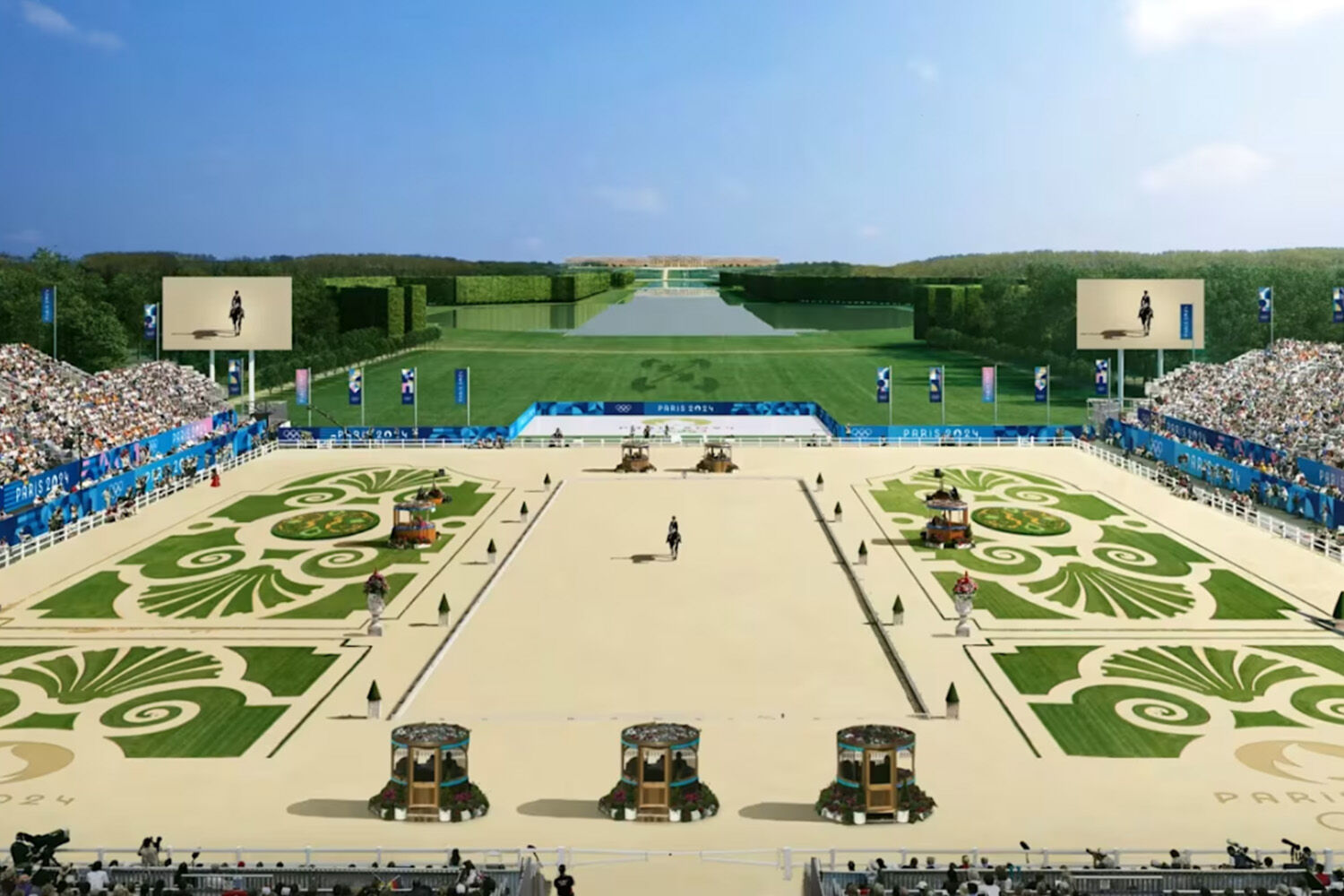
The breathtaking backdrop of Versailles was a fitting stage for the spectacle of Olympic and Paralympic equestrianism on show over the past few weeks. Being based in Britain, we of course celebrated that Team GB brought home gold medals in Eventing and Showjumping, Lottie Fry and Glamourdale’s individual bronze in Dressage and the seven medals won by the Paralympic team, including an incredible 10th medal for Natasha Baker. The hard work by both horses and riders was evident and showcased the success that can be achieved in the unique horse-human relationship.
The Olympics is the world’s window into equestrian sport and, over the course of a few days, the event lifts the horse-human relationship into the global public consciousness. This profile is more important than ever in light of the growing distance between horses and most people in their everyday lives, and it can provide inspiration for new waves of horse enthusiasts to try riding or enter into the sport.
But the equestrian games took place against an even wider backdrop: that of media and public interest in the welfare of horses in sport. The video of Charlotte Dujardin that was released prior to the Olympics focused the lens through which people viewed the sport, zeroing in on whether the horses were being abused in training – or before their eyes as they performed. Many who had previously shown no interest in horse sport were asking their horsey friends how riders got their horses to perform the way they did, and whether this was kind to the horse.
The scrutiny was heightened in some equestrian circles. More than ever before, eyes, cameras and conversations focused on forced frames, strong contact, tight nose bands and blue tongues. There was also a notable amount of chatter from longstanding equestrian fans now questioning whether what they were watching was indeed a celebration of a harmonious relationship or something less congenial.
The FEI rightly scrutinised photographs of horses whose welfare may have been compromised and acted where this could be proven. Some will have wanted them to go further and an upcoming meeting of stakeholders in October will no doubt focus on avoiding a repeat of those incidents. But, clearly, what we should all be aiming for is to prevent wrongdoing from occurring in the first place, and to move away from riding styles and training methods that may compromise horse welfare, both during competition and outside of it.
Every person and organisation involved in equestrianism is accountable for making this happen. From the riders and coaches who should ensure that what takes place on their yard and in training does not harm the horses, to the governing bodies who should put in place judging systems and rules that prioritise welfare, ensure that stakeholders abide by these rules, and provide unwavering support for their officials and those individuals who act in horses’ best interests.

The scrutiny that equestrianism now faces, from both members of the public and many of those within the sport, will only dissipate if all those involved demonstrate competence, integrity, humanity and transparency – attributes that are widely acknowledged to be fundamental for generation of public trust.
World Horse Welfare is a stakeholder here too. We support the responsible and ethical involvement of horses in sport and for the past 40 years have been independent welfare advisors to the FEI. As a charity concerned with improving welfare for all horses, it is not our role to hold the regulator or wider horse sport to account. But we do encourage sport to continually challenge itself and all its stakeholders to do better and be more holistic about their approach to equine welfare. And now more than ever, we believe we must work as a sector to map out what responsible sport does and does not look like.
We helped the FEI establish its independent Equine Ethics and Wellbeing Commission, of which we were a member, and we are proud to have been part of the team that produced the Commission’s final report ‘A Good Life for Horses’ and its 30 wide-ranging recommendations. We welcome the FEI’s Action Plan which starts to take these recommendations forward.
But the FEI is not the only one who needs to act. In fact, little will change at all unless we as equestrians work together to change too, especially our own mindset. This is essential, regardless of our experience, authority or relationships.
Let’s remember that equestrian sports are primarily a form of entertainment for people, not horses. Horses do not choose to take part in horse sport and do not necessarily get the same things out of it that we do. Many of us are convinced that our horses can enjoy being involved in sport but our ability to prove this is threadbare (yet another area where more research is vital). And regardless of what we think our horses may or may not get out of sport, it is our responsibility and moral duty to treat them with respect, compassion and understanding at all times, in the arena and behind closed doors.
Our responsibility is summed up well in the FEI’s reframing of the horse-human relationship to recognise that we are ‘guardians’ of sport horses – not equal partners. Partnership requires a voluntary agreement on equal terms. Since horses are incapable of making this agreement in the same way that people can, we have a particular responsibility to minimise any harms they might face in sport and to maximise their positive experiences – with our focus firmly on how they feel and experience the world mentally and physically as intelligent, social and sentient beings.
Afterall, horses have evolved to live very different lives than the ones we ask them to live, especially in sport. And no activity we ask horses to engage in is risk free. We need to be mindful of this and make much more of an effort to provide them with what they need to live good lives – as horses. Fulfilling their most basic needs for freedom, friends and forage (the 3Fs) as far as possible in their daily lives is a prime example. We look forward to exploring what a ‘Good Life’ for a horse is at our Conference on 7 November.
With compassionate and consistent training, horses can perform remarkable feats for us, but we need to be careful to not abuse our position and ask too much of them – or to lash out when they cannot or choose not to do what we want.
There are ethical and evidence-based approaches to training and handling, and we all need to use these methods at home as well as in the competition arena. Good horsemanship is not about what you can do, but about how you do it. And it is for those who set the goalposts in sport to ensure that good horsemanship is rewarded.
Topics
Related Blog Posts

Plan for an emergency when you’re not around – help us to help your horse
Deputy Chief Field Officer Jon Phipps has top tips for owners on making plans just in case your horse injures themselves when you’re not there.
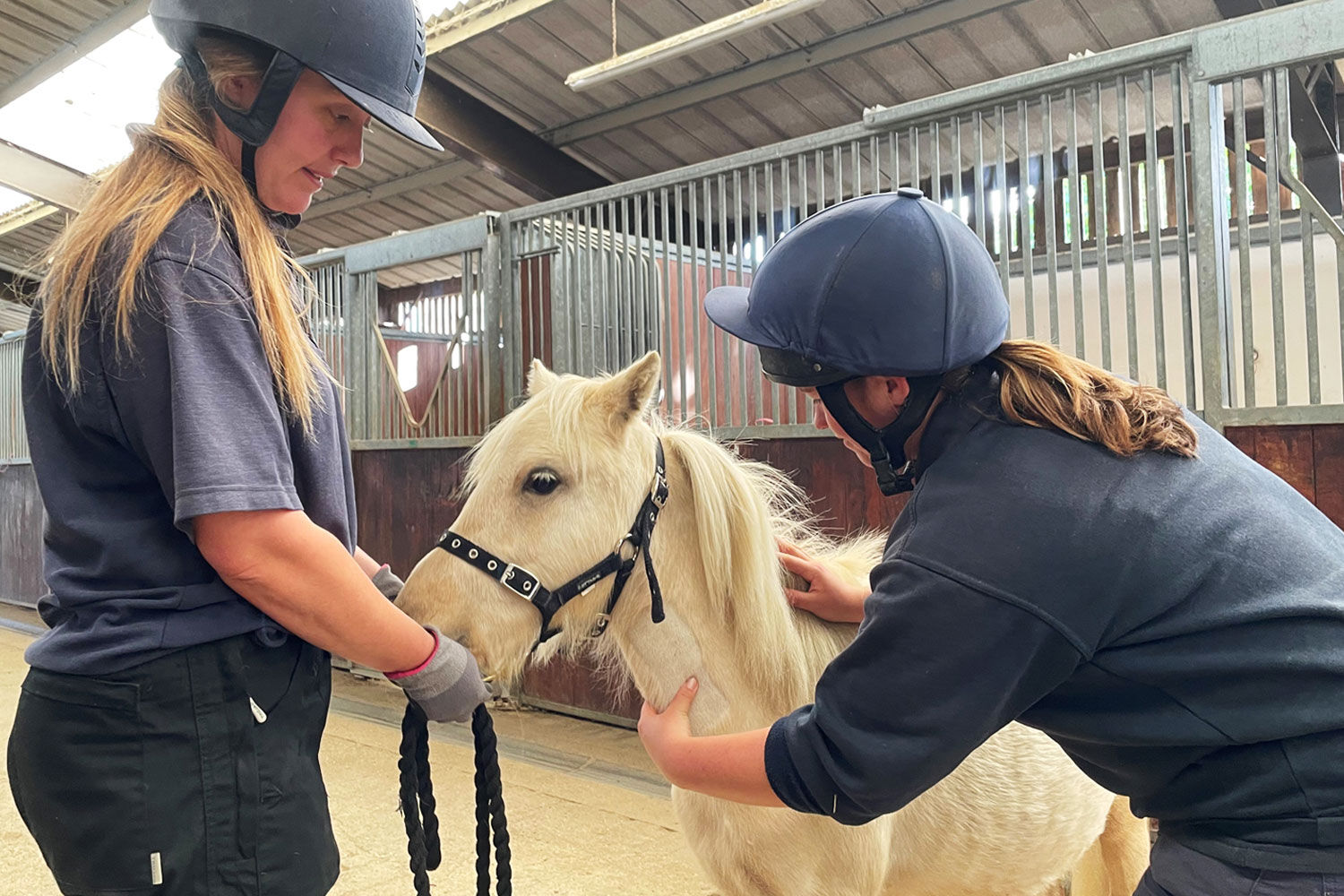
How to help a needle-shy horse overcome their fear
Grooms Amy and Emily explain how they work with horses who are nervous with needles before a visit from the vet.
Recommended News Articles
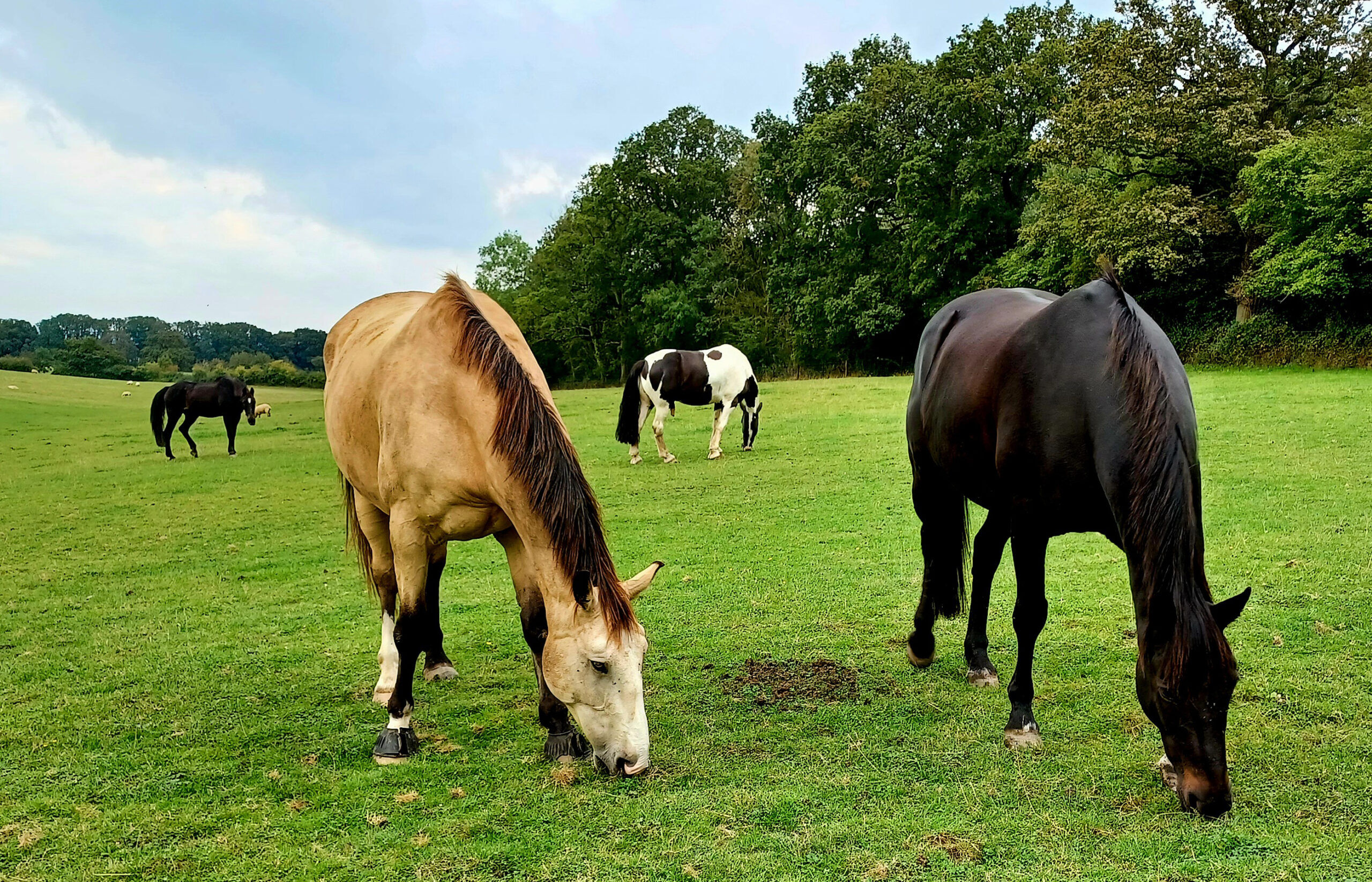
Our charity calls for improved laws to protect Europe’s seven million horses
We are calling for equid-specific legislation informed by scientific evidence.
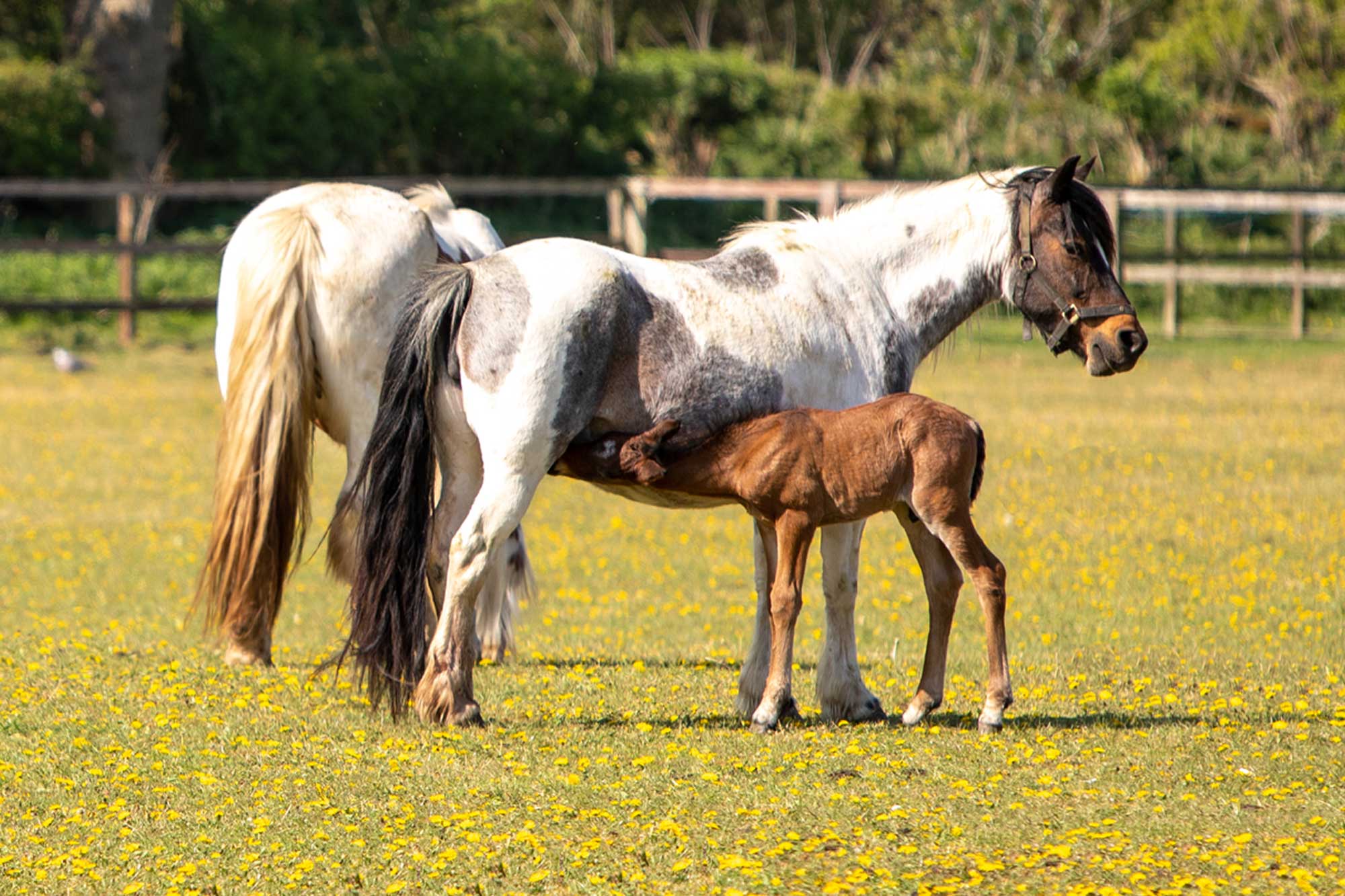
Beautiful foal named after inspirational veteran Captain Tom Moore
Supporters vote overwhelmingly to name new arrival Captain Tom
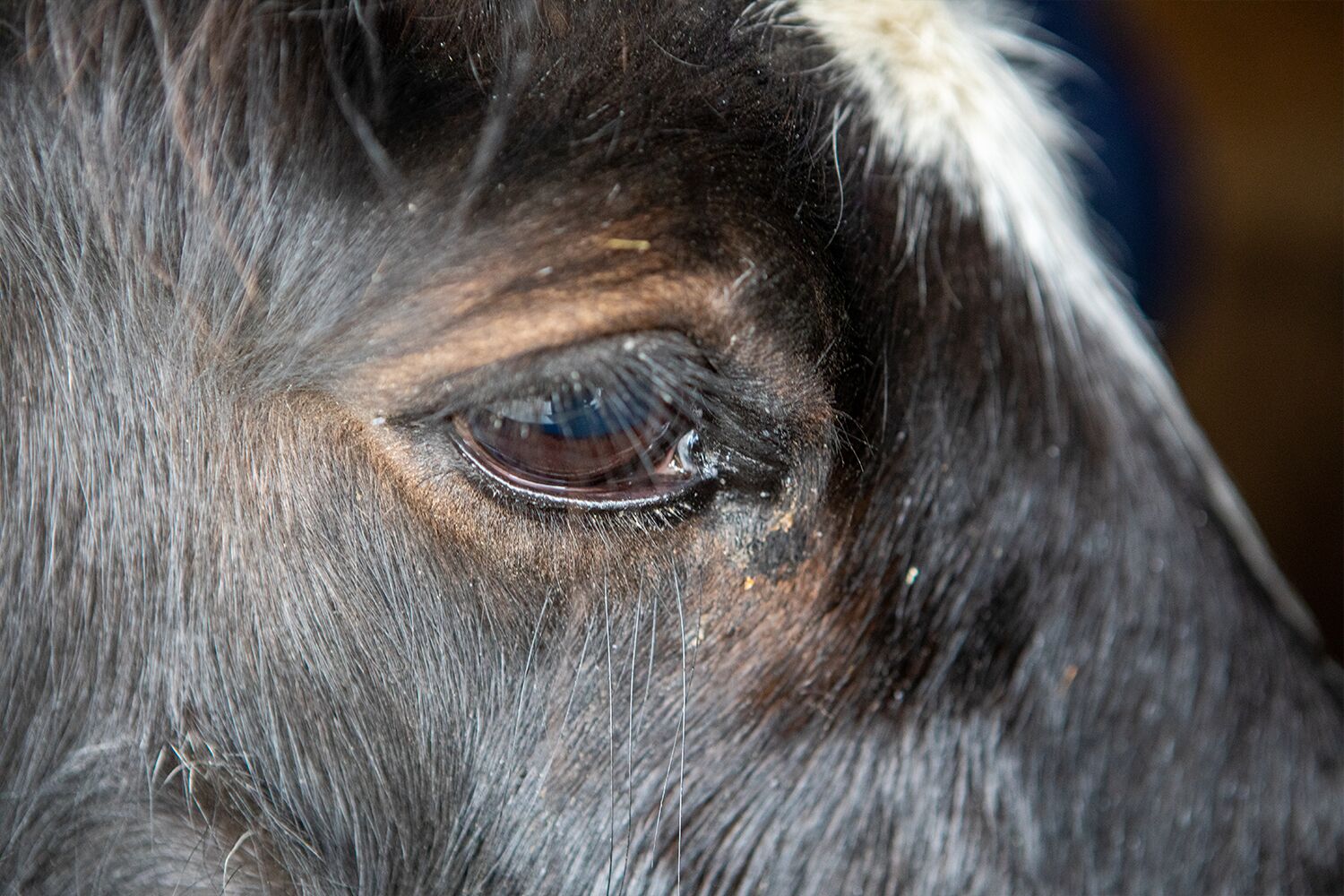
Recognising Trauma in Horses: A Neuroscience Perspective
Webinar: On Wednesday 13 March at 7pm we will be discussing all things trauma related.
Enjoy reading stories like this?
Join over 55,000 other horse lovers and sign up for our email newsletter

Join over 55,000 other horse lovers and sign up for our email newsletter
Sign me up now